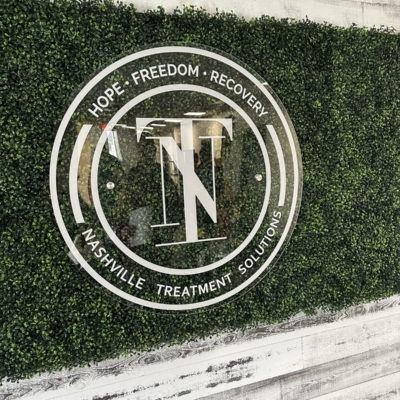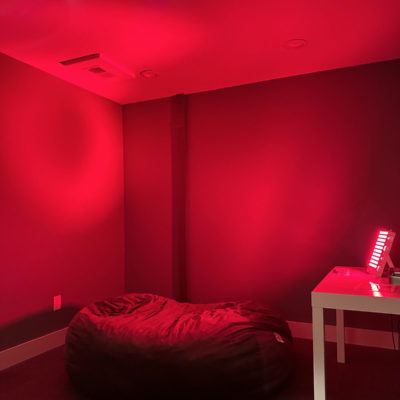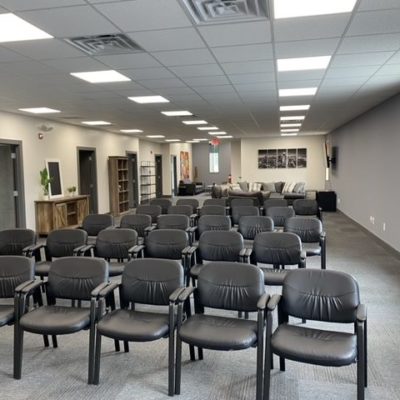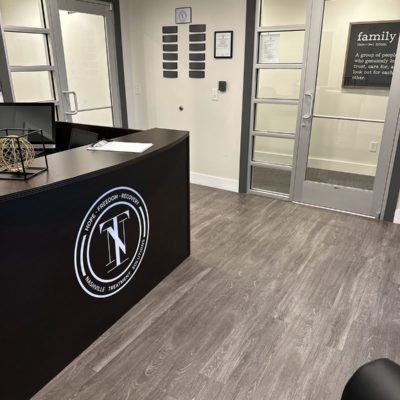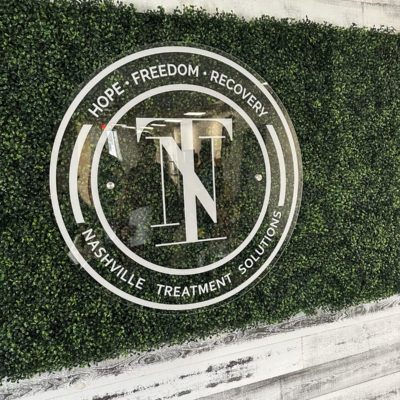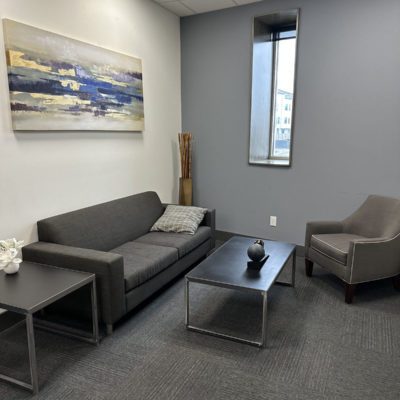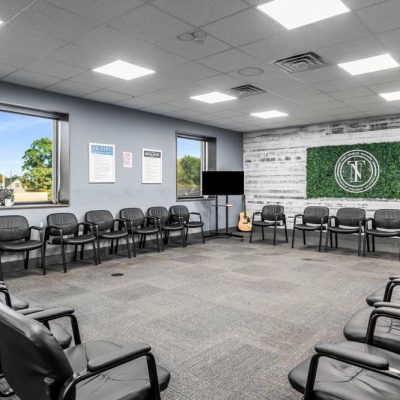Meth Addiction Treatment Center in Nashville, Tennessee

Medically Reviewed
Medically Reviewed by Julie Bilbrey, PHD, LPC-MHSP
Last Updated on:
March 19, 2025
Table of Contents
Call us Now!
Find Addiction Treatment Today! Overcome everything that is holding you back!
Methamphetamines, often called meth, crystal meth, speed, crank, ice, or trash, is one of the most dangerous and addictive drugs. This is partly because of how quickly addiction can develop. Once an addiction develops, it becomes increasingly difficult to quit using this drug on your own. This is why rehab facilities such as Nashville Treatment Solutions have created specialized meth addiction treatment programs. These programs give individuals the chance to overcome this difficult addiction.
What is Meth Addiction?
Using meth increases the production of a chemical in the brain called dopamine. Dopamine causes a person to feel joy, motivation, and reinforcement of rewarding behaviors. This compromises the brain’s ability to produce dopamine naturally, which causes the person to become reliant on meth abuse in order to feel good.
Using meth creates a cycle of dependence and compulsive use of the drug. The person begins to feel unable to think rationally or function without using meth. As well, if they try to stop using the drug or run out of it, uncomfortable and even dangerous withdrawal symptoms set in. When this happens, virtually everyone who has no formal treatment in place begins to use meth again in order to stop the withdrawal symptoms.
Once someone develops an addiction, they now have what’s called a substance use disorder. This is a medical condition that will require meth addiction treatment at a qualified facility.
You are not alone. You deserve to get help.
Nashville Treatment Solutions is an industry leader in addiction treatment. Our team of top medical experts specialize in dual diagnosis treatment and are committed to ensuring that each patient is treated as an individual. Call us today, we’re available 24/7.
EVIDENCE-BASED TREATMENT SOLUTIONS
How Does Meth Addiction Treatment Work in Nashville?
Once someone completes detox for meth, they start in on the daily work of learning to stay focused on recovery. Some people enroll in residential treatment, which requires them to live in a facility for several weeks or months.
Meth addiction treatment can also happen on an outpatient basis. This means the person travels to a facility for sessions that take place during the day. This allows them to continue to live in their homes and take care of responsibilities related to their families and jobs. There are three levels of outpatient care: regular outpatient programs (OP), intensive outpatient programs (IOP), and partial hospitalization programs (PHP).
Each type of outpatient care is provided by skilled clinicians including therapists, doctors, and nurses. The staff uses their experience to lead people through therapy sessions that help them understand how they can avoid relapsing. For meth users, this is vital, because the temptation to use the drug again even once can derail the hard work they’ve already put into treatment.
For those dealing with uncomfortable withdrawal symptoms that often happen, we offer access to prescription medications that help minimize the symptoms.
Partial Hospitalization
is a full-time commitment for a reason. This program is for individuals who need significant structure in the journey toward recovery. Our Partial Hospitalization Program offers a stable schedule for you to focus on your recovery and to get the help you need.
Intensive Outpatient
offers therapeutic support with fewer restrictions than our Partial Hospitalization Program (PHP). IOP enables you to continue your recovery therapies on a part-time, intensive schedule designed to accommodate your work, school and family life.
Outpatient Program
provides our clients sustained support once they have completed either our Partial Hospitalization Program (PHP) or Intensive Outpatient Program (IOP) including weekly one-on-one & group sessions.
Signs & Symptoms
What Are the Signs of a Meth Addiction?
People who need meth addiction treatment typically show signs of their addiction. Common signs of meth addiction include:
- Weight loss, which may include a sunken look around the cheekbones
- Dental damage, including tooth decay and gum disease
- Abrasions on the skin caused by self-inflicted picking or scratching
- Insomnia, including going for days without sleep
- Erratic behavior
- Elevated body temperature
- Physical frailty
- Excessive energy
- Hallucinations, including that the person has bugs under their skin
- Psychosis
- Paranoia
- Dramatic mood swings
- Volatile temper
- Violent outbursts
Why Is Meth So Addictive?
Meth is classified as a Schedule II drug, which means it has a high potential for abuse. Repetitive use can lead to severe physical and psychological dependence. Other examples of Schedule II drugs include oxycodone, fentanyl, opium, and morphine.
A big reason why people become addicted to meth is that the high achieved by a dosage does not last long. The high wears off quickly and leaves the person feeling an intense need to use it again. Consequently, users indulge in a “binge and crash” pattern, often multiple times per day for days on end. They need to take meth every few hours in order to maintain a high and become desperate when they aren’t able to do this.
What to Expect at our Meth Addiction Treatment Center in Nashville, Tennessee
Our meth addiction treatment program includes several evidence-based approaches to treatment. These include:
- One-on-one talk therapy such as dialectical behavioral therapy (DBT). This type of therapy emphasizes reframing negative self-beliefs and cultivating present-moment awareness that helps people cope when tempted to use meth again.
- Group therapies such as 12-step models that help those in recovery form healthy communities that deliver mutual accountability and support.
- Medication-assisted treatment (MAT), in which patients receive pharmaceutical intervention to reduce withdrawal symptoms and make detox safer.
- Dual diagnosis treatment, which treats any co-occurring mental health disorder that happens alongside addiction. This includes conditions such as anxiety, PTSD, bipolar disorder, and depression.
- Family interventions like Community Reinforcement and Family Training (CRAFT) or family therapy, which help repair damaged support systems within the family.
- Holistic approaches like yoga, meditation, or music therapy.
RECOVER FROM ADDICTION FOR GOOD
Begin Meth Addiction Treatment at Nashville Treatment Solutions Today
Nashville Treatment Solutions understands how important it is to find the right program for drug abuse. Our approach to meth addiction treatment includes participating in several types of therapy that help people overcome substance use disorders. We have three levels of outpatient care that let people visit our facility for valuable treatment during the day while still being able to live in their homes.
For more information on our program, contact us now. We can answer all of your questions and help you get started on the road to recovery.




